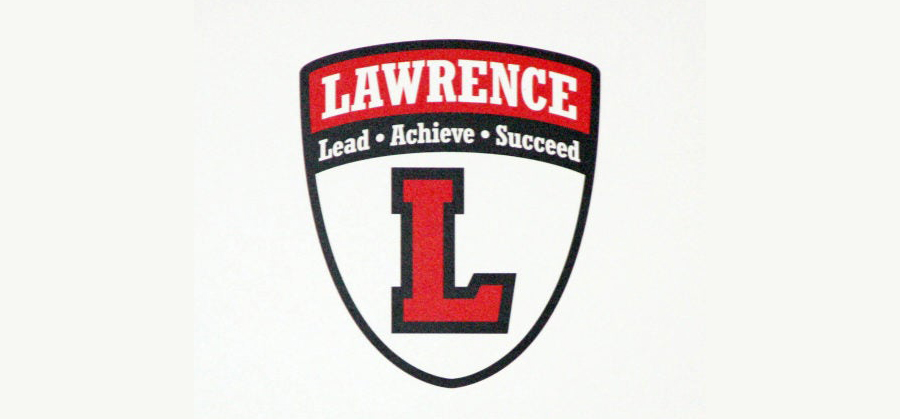The Lawrence Township Public Schools Board of Education approved its $79.6 million operating budget for 2021-22, following a public hearing at the school board’s May 5 meeting.
The 2021-22 budget carries a 2-cent increase in the school district property tax rate – from $1.57 per $100 of assessed value to $1.59. The school district property tax applies to residential and non-residential properties.
A 2-cent increase in the school district property tax rate means the owner of a house assessed at the township average of $282,395 will pay $4,490 in school district taxes, or $68 more than last year.
Turning to the revenue side, the property tax levy to support the newly approved budget is $70.9 million. This compares to the $69.7 million tax levy to support the 2020-21 budget.
Other sources of revenue include miscellaneous revenue, such as tuition and interest on savings, and state aid. Miscellaneous revenue declined by $70,000 – from $328,000 to $258,000.
But state aid increased by $630,445 to $4.8 million. This reflects the trend of increased state aid for the Lawrence Township Public Schools. The district received $4.2 million in the 2019-20 budget and $4.3 million in the 2020-21 budget.
Preparing a budget is one of the most important and challenging things that a school board and the administration can do, said Ross Kasun, the superintendent of schools.
“It’s a balancing act and it becomes more difficult every year. There are so many things competing for the dollar,” Kasun said.
Thomas Eldridge, the business administrator for the school district, said the cost drivers are basically the same – salaries and benefits, and enrollment fluctuations and shifts. Salaries and benefits, which account for 80% of spending in the budget, grew by $1.2 million – from $60.7 million to $61.9 million.
The budget for general education increased by $626,619 – from $27.5 million to $28.1 million. The cost for the special education program grew by $739,902, or from $15.9 million to $16.7 million.
Tuition for special schools outside of the district, which are needed for certain special education students, increased by $306,857. The district budgeted $3.9 million last year, and increased it to $4.2 million in the 2021-22 budget.
The increases in the costs for regular education and special education programs reflect at trend over the past few years, Eldridge said.
There are not necessarily more special education students enrolled in the district, but the expenses are increasing – from tuition for out-of-district specialized schools to transportation costs, Eldridge said.
The district expected to renew its existing transportation contracts, but the companies announced they would not be renewing the contracts, he said. The district went out to bid for a new set of contracts, and the price increased by $366,000. Changes were made to the transportation policies to economize.
The school district looks for ways to save money so more dollars can be put into the classroom, Eldridge said. The savings come from a mix of “in-sourcing and out-sourcing” the district’s needs, he said.
The school district runs some of its own buses, in conjunction with the transportation companies, for example. Half of the custodial staff are school district employees and the rest are outsourced, Eldridge said.
And the district generates some of its electricity through solar panels that were installed many years ago, he said. The district also has its own fiber optics network, which reduces utility costs.
Kasun and Eldridge acknowledged the challenges of preparing the budget during the COVID-19 pandemic.
“The way we approach all of these problems is as an opportunity. With everything we do, we approach it with a level of resilience. There are things we are learning and things that are disappointing, but there are good things happening, as well,” Eldridge said.

